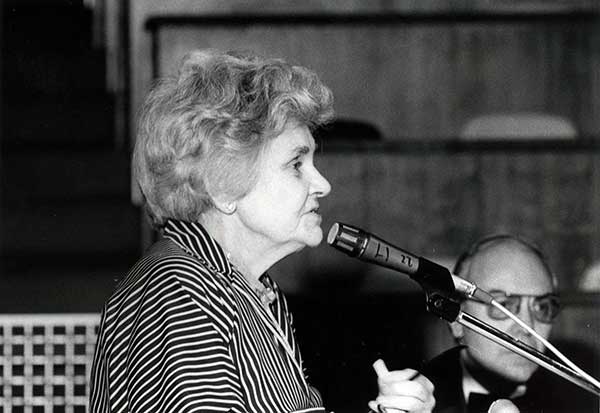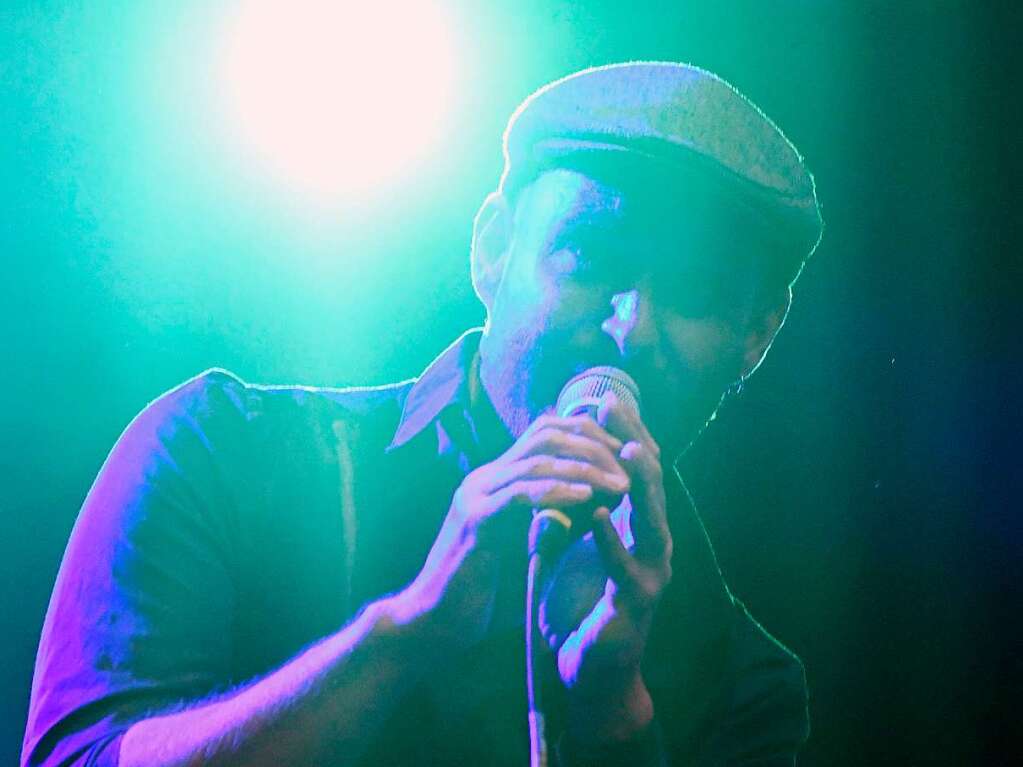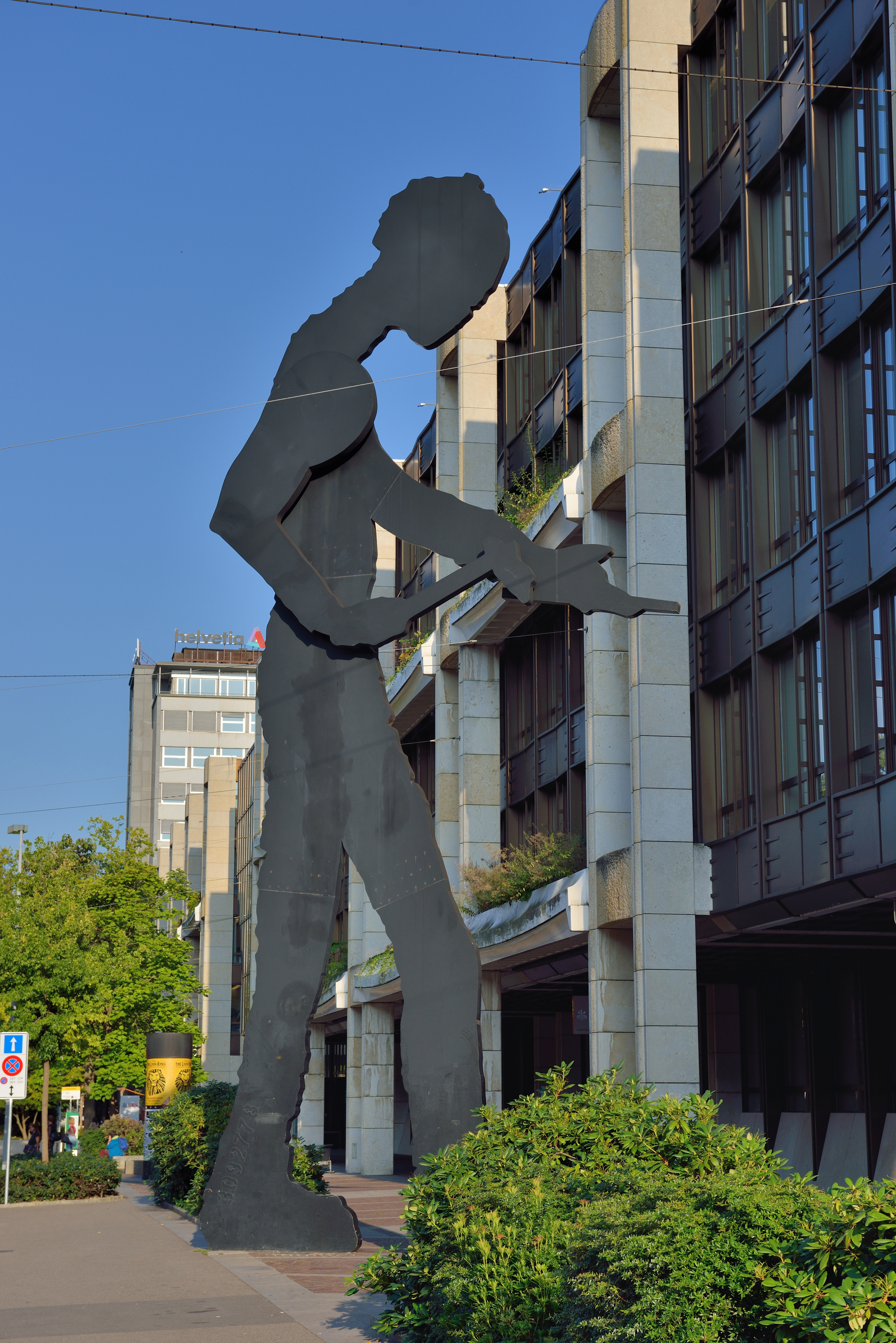In Adrienne Rich's "For Memory",
there are things "we must [...] simply say": "this is where I came
from / this is what I knew". With Rich, I come from being a reader of her
poetry from the early 1980s on (and even her student in a Feminist Studies
class in 1986). Back then, I knew – and wanted to mend – what Rich calls
"gashes in our understandings / of this world", but I also thought I
knew that change would come from epiphanies, such as "walk[ing] out / under
the Milky Way", rather than from "daily" and "routine"
work like the raking of the leaves at the beginning of the poem. (Andrew
Shields, #111words, 2 May 2021)
For Memory
Adrienne Rich, A Wild Patience Has Taken
Me This Far (1981)
Old words: trust fidelity
Nothing new yet to take their place.
I rake leaves, clear the lawn, October
grass
painfully green beneath the gold
and in this silent labor thoughts of you
start up
I hear your voice: disloyalty betrayal
stinging the wires
I stuff the old leaves into sacks
and still they fall and still
I see my work undone
One shivering rainswept afternoon
and the whole job to be done over
I can’t know what you know
unless you tell me
there are gashes in our understandings
of this world
We came together in a common
fury of direction
barely mentioning difference
(what drew our finest hairs
to fire
the deep, difficult troughs
unvoiced)
I fell through a basement railing
the first day of school and cut my forehead
open–
did I ever tell you? More than forty years
and I still remember smelling my own blood
like the smell of a new schoolbook
And did you ever tell me
how your mother called you in from play
and from whom? To what? These atoms filmed
by ordinary dust
that common life we each and all bent out
of orbit from
to which we must return simply to say
this is where I came from
this is what I knew
The past is not a husk yet change goes on
Freedom. It isn’t once, to walk out
under the Milky Way, feeling the rivers
of light, the fields of dark–
freedom is daily, prose-bound, routine
remembering. Putting together, inch by inch
the starry worlds. From all the lost
collections.
1979

















